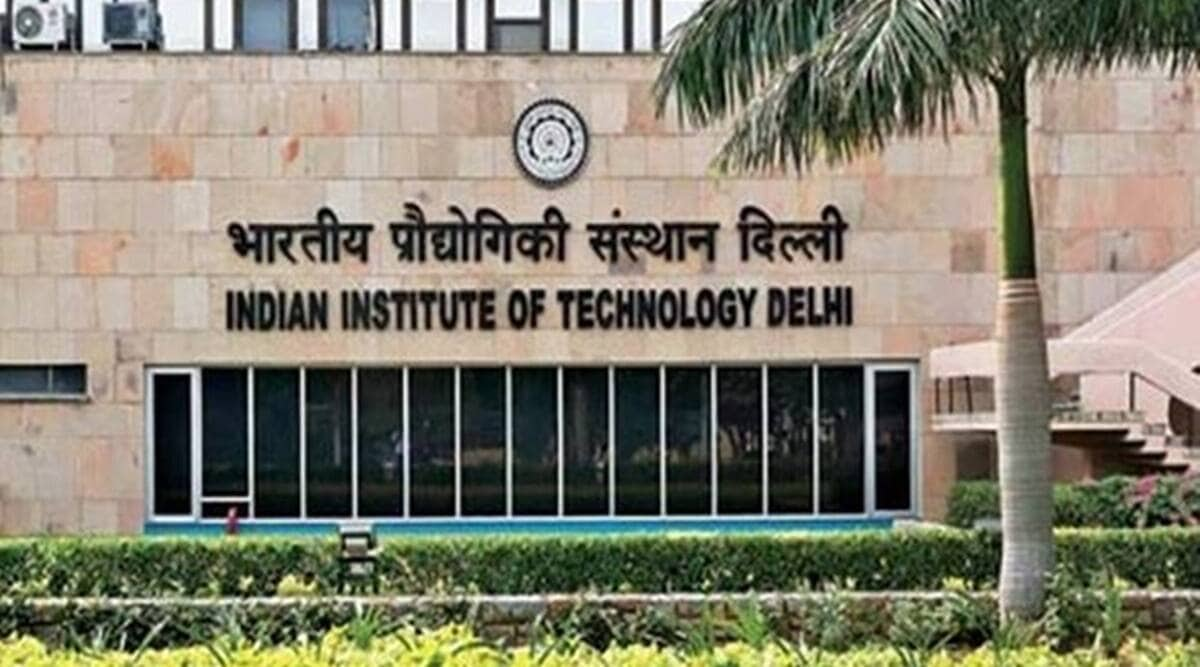
The Indian Institute of Technology (IIT) Delhi will start a new postgraduate (PG) programme in electric mobility from the academic session 2021-22. The MTech course in electric mobility will be offered by the institute’s Centre for Automotive Research and Tribology (CART).
The programme will cover key aspects related to electric vehicles, drivetrain, chargers and charging infrastructure, battery energy storage systems, battery management system, reusability of energy storage elements, reliability, automotive health monitoring, automotive NVH (Noise, Vibration, and Harshness), vehicle dynamics, autonomous and connected vehicles, vehicular telematics, and materials for an electric vehicle, along with hands-on practice and design in laboratories.
Read | IIT-Delhi launches BTech in Energy Engineering, new department of energy science and engineering
Candidates with 4-years bachelor’s degree in electrical engineering, electrical and electronics engineering, mechanical engineering, industrial engineering, production engineering, mechatronics, automobile, manufacturing science/engineering, and GATE qualified in either electrical engineering (EE) or mechanical engineering (ME) or production and industrial engineering (PI) disciplines will be eligible to apply for the programme. Besides, sponsored candidates from various industries/academia/government organisations can also apply.
The graduates are expected to find employment in industries related to electric vehicle OEMs (Original Equipment Manufacturer), automotive industry, battery (pack and module) manufacturing units; BMS industry (smart and cloud-based BMS); e-motor design and manufacturing industry; converter and inverter industry; and EV chargers industry.
Also Read | IIT-Delhi, IIT-Guwahati improve positions in QS World University Rankings 2022
BK Panigrahi, head, CART said, “The new course has been designed with the active participation of leading professionals from academia and industry. The students will be exposed to work on various simulation software and HIL platforms.”





































